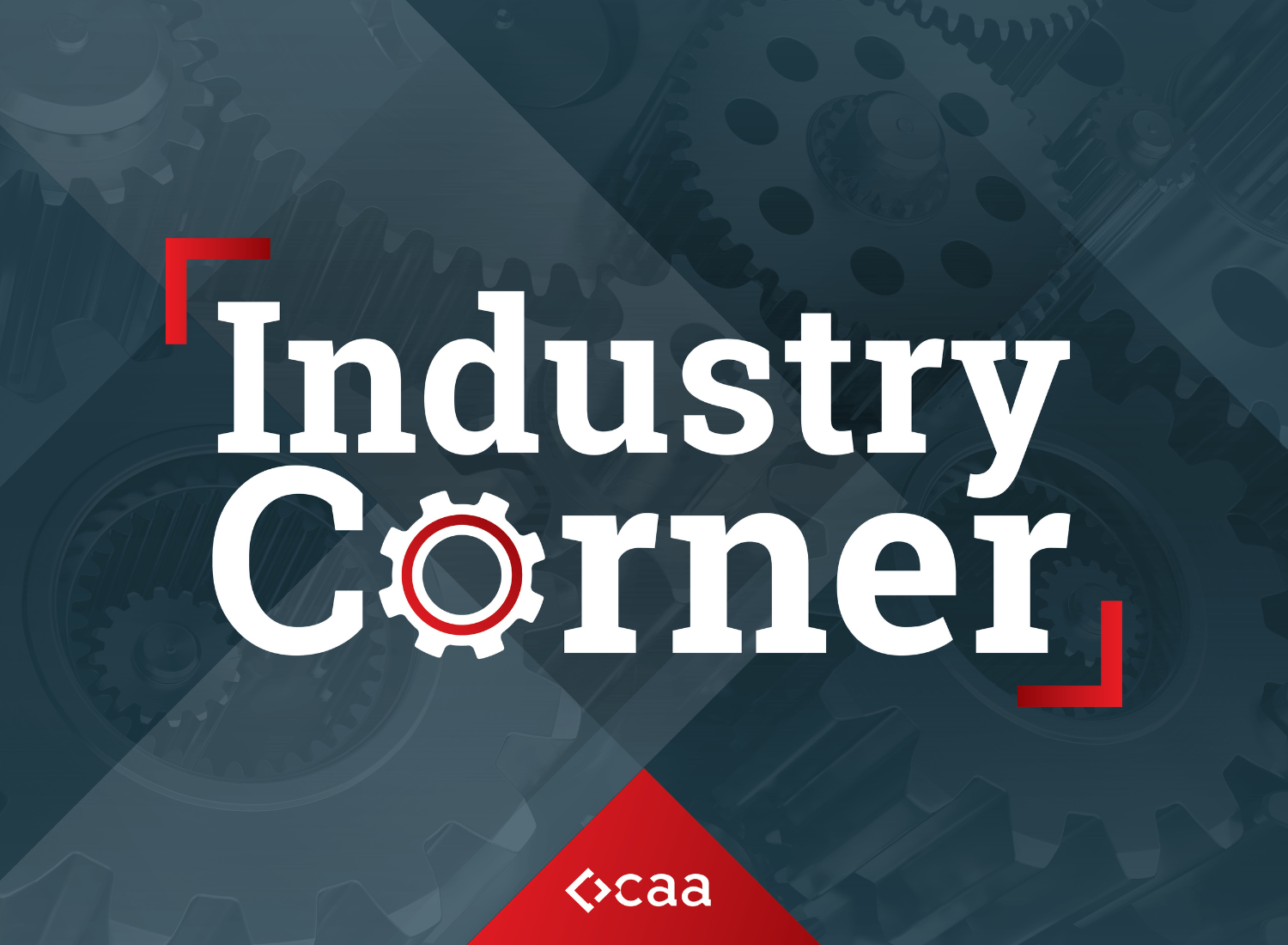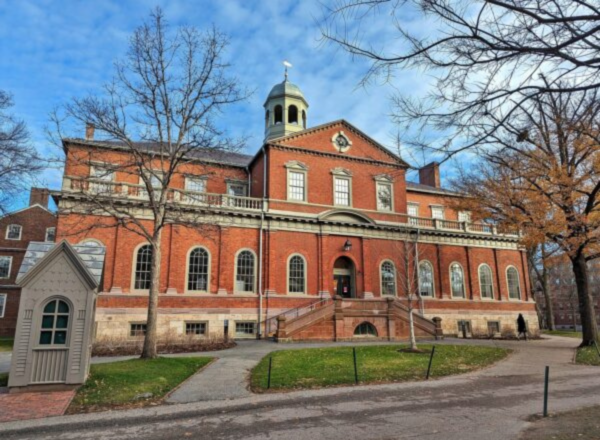Peter Milano, Director of Strategy & Business Development, Massachusetts Office of Business Development
In an interview with Invest:, Peter Milano, director of strategy and business development for the Massachusetts Executive Office of Economic Development, talked about supporting and promoting current and emerging economic sectors and addressing workforce challenges and infrastructure issues.
What were some significant milestones for the Executive Office of Economic Development (EOED) over the past 12 months?
Under the leadership of Gov. Maura Healey, Lt. Gov. Kim Driscoll, and Secretary Yvonne Hao, we have had some substantial victories. For instance, the federal government selected Cambridge, Massachusetts, to host the ARPA-H Investor Catalyst Hub after an incredible team of public-private partners from across the life sciences ecosystem – including representatives from the Healey-Driscoll Administration, the healthcare world, academia and research institutions, and private industry – worked hard to come up with the best proposal. There will be extraordinary spin-off economic activity resulting from locating ARPA-H in that area.
Massachusetts was also selected to host the Northeast Manufacturing Coalition Hub (NEMC Hub) last year. The Hub is a network of more than 200 organizations located across eight Northeast states where we work with the microelectronics industry to expand U.S. leadership in microelectronics, streamlining the process of research to design and manufacturing (known as laboratory-to-fabrication), workforce development, and job creation. We hope that NEMC will play into some CHIPS and Science Act funding and into the infrastructure necessary for successful CHIPS and Science Act applications. The NECM and ARPA-H hubs will both have extraordinary ripple effects across the whole state.
What is the strategy of the state of Massachusetts to balance the needs of established industries while fostering innovation in emerging sectors?
Every new gubernatorial administration is required to file an economic development plan with the state legislature, which is what we just did in 2023. We carried out 11 listening sessions across the state where over 1,300 stakeholders submitted input regarding what we should do over the next four years, what we should pay attention to, what we are good at, and what we want to become better at. This strategy is outlined in our plan, Team Massachusetts: Leading Future Generations.
This strategic plan has helped inform our approach ever since, including an omnibus economic development package filed in March 2024. As part of Governor Healey’s economic development bill, the Mass Leads Act, our governor requested a substantial investment in life sciences and climatetech so that the plan can be fully realized. While the bill did not pass this summer, Mass Leads remains a top priority for the administration, and we are committed to working closely with our legislative colleagues on a path forward for this bill.
Our state leads on education, life sciences, and healthcare, but we’re always striving to grow in these key sectors. As our governor and secretary often say, we want to lengthen our lead. We aim to pay attention to the people in those industries and ensure that we continue nurturing our successes while embracing new opportunities. Much of what we are seeing in climatetech and cleantech is new research and development that is just starting to be implemented, and we believe that it can yield new job opportunities. Our office, the Massachusetts Office of Business Development, pays very close attention to how many jobs are retained and created, and how much capital is invested in these key sectors.
How is the state administration supporting small and medium-sized businesses given recent shifts and uncertainties?
We would like to say that small businesses and entrepreneurs have the same access as midsize and large companies. In our listening sessions, one of the issues that came up often was the difficulty of finding information and access to resources at the state level. When you’re running a business, you don’t have time to navigate various government programs.
We have listened and are building an initiative called the Business Front Door. This project provides a central portal for businesses to access and learn about state resources for business growth in an easier, streamlined fashion. It will better position me and my colleagues to be resources to small and medium-size businesses.
What are the most important challenges that businesses and communities face in Massachusetts?
What we have heard from business leaders spanning every sector is that enduring workforce challenges make things harder for them daily. We have an issue with housing, so we are making focused investments through our infrastructure programs to create more housing, with the help of our housing secretariat. Housing greatly impacts the cost of living in Massachusetts, so we are trying to confront that with better zoning policies and targeted investment in housing production.
The administration is also deeply focused on strengthening the state’s transportation network so that businesses and residents experience more reliability and predictability. It is important for Massachusetts to take on these challenges head-on.
How is the EOED working to ensure there is a skilled labor pool for both traditional and emerging industries?
We have introduced several initiatives through this administration that we hope will make an impact on our workforce. In January 2024, Governor Healey signed an executive order instituting skills-based hiring practices for the state’s workforce. We want to focus on a person’s skills and not let educational credentials hold them back from potential employment opportunities.
We’ve also created an initiative to provide higher education options to our labor pool. MassReconnect is based on the premise that many people started college and gathered credits, but left because of family reasons, financial hardships, or other situations. MassReconnect allows those people to come back and get an education for in-demand jobs and industries across the state, such as healthcare, education, clean energy, advanced manufacturing, and behavioral health. We have also made community colleges free to Massachusetts residents. We will pay for the education of those who really want to be educated.
Moreover, our MassTalent initiative brings several substantial and vibrant programs into one funnel. MassTalent has streamlined government resources so that programs are there for employers, employees, or whoever is trying to access them. One of the key MassTalent programs is Pathmaker, which is facilitated through the Massachusetts Life Sciences Center. That program helps to fund short-term training programs that attract career seekers to the life sciences industry and prepare a pipeline of skilled labor for our life sciences companies.
How is the EOED supporting the growth of small and medium-sized businesses in the region?
The largest purchaser of goods and services in Massachusetts is the Commonwealth of Massachusetts. We were able to bring some of those purchases to the smaller, less sophisticated companies by having the team of our Supplier Diversity Office and other offices that facilitate sales to the Commonwealth go into the communities where these smaller companies operate. If those companies had the opportunity to sell to the state, that could grow their business and headcount.
We also make investments in technical assistance like the Small Business Technical Assistance Program to help small businesses gain access to the technical resources they may need in order to grow.
What are the top priorities and strategy for the EOED for the next two to three years?
We want Massachusetts to be a place to start and grow a career, and the best state to start and scale a business. We are going to keep working at that. My top priority is to service our customers better. The Business Front Door will be an important part of that. We are trying to be much more accessible to that end.













